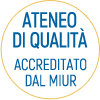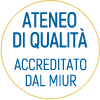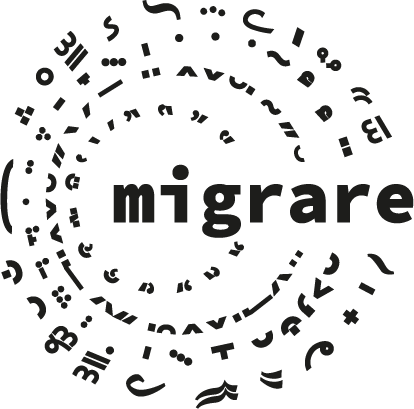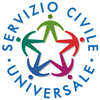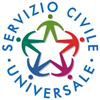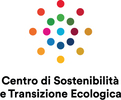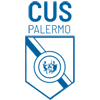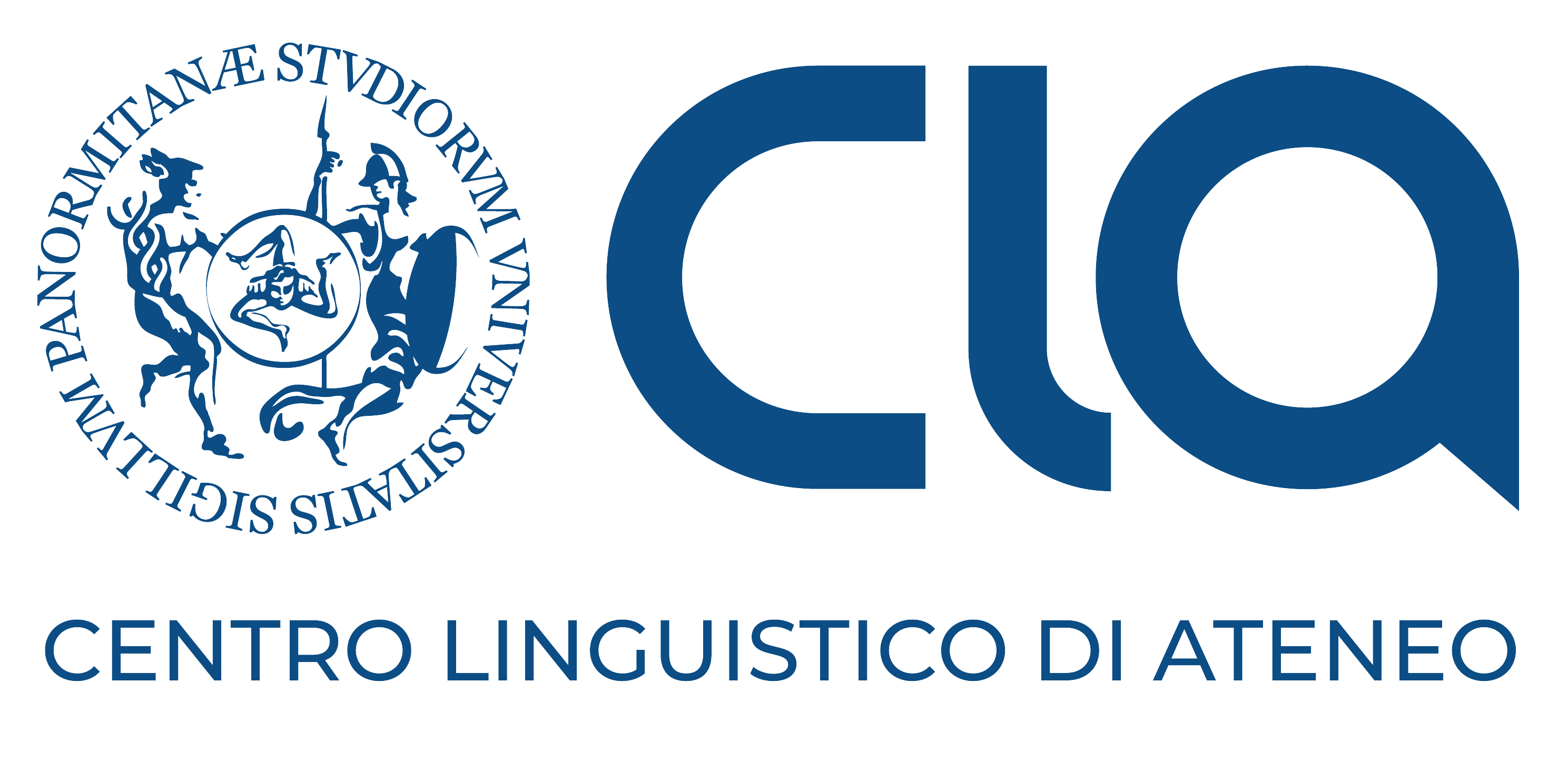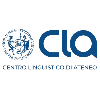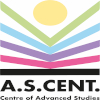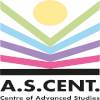Faculty of Educational Science
LM-51 - LIFE-SPAN CLINICAL PSYCHOLOGY
LM 51 – PSICOLOGIA CLINICA DELL’ARCO DI VITA
Educational objectives and professional opportunities for graduates
The complexity of evolutive path, the historic-cultural conditions affecting it, the operationalisation of theoretical frameworks in clinical interventions upon individual/s, couple/s, family/ies, the study of personal and special transitions in various moments of life are the core of the 2nd cycle degree course in “Life-span Clinical Psychology”.
The 1st year course focuses on the development of core competences and critical investigation of specific psychological issues. The 2nd year coursework aims at the acquisition of advanced critical competences and tools, as well as of evaluation and psychological intervention methods relating to the various aspects of children and adolescents development.
The course gives students advanced competences in Psychometrics, Developmental and Educational Psychology, Dynamic Psychology and Clinical Psychology. In addition, several integrative activities provide a thorough epistemological grounding in the most important theoretical constructs of life-span psychology and create a link with the labour market.
All mandatory activities include laboratory activities which provide students with an ability to apply their knowledge and understanding to specific learning goals which are connected with the following professional fields:
• Psychology of typical and atypical development;
• Psychopathology of development;
• Psychology of family;
• Psychodiagnostics;
• Planning of services
Graduates might fill high responsibility positions in both public and private sector. and/or carry out psychological counselling in:
- Mother-child, adolescence and family advisory bureaus;
- Socio-educational and school psychology services;
- Hospitals;
- Mental health services, with respect, in particular, to the recuperation and help for childhood and adolescence;
- Local authorities dealing with social and educational policies;
- Third sector institutions running residential or semi-residential services, or plans for the prevention and reduction of disease.
Graduates might also:
- carry out independent professional evaluation and support activities directed towards individuals, families, social and educational institutions, schools and care facilities;
- work as professional psychologists and consultants for public and private institutions, after passing the qualification exams and joining the national register;
- start, after their specialisation, the professional training as a psychotherapist;
- apply to doctoral programmes, postgraduate schools and master courses;
- carry out basic and applied research activities within public and private facilities.
| 1st YEAR | Credits |
| Psychopathology of Development | 6 |
| Advanced Qualitative-Quantitative Research Methods | 6 |
| Ecology of Development | 6 |
| Child Neuropsychiatry and Neuropsychology of Development – Integrated Course: - Child Neuropsychiatry - Neuropsychology of Development |
6 6 |
| Evolutionist Models of Human Cognition | 6 |
| Tools and Techniques for the Evaluation of Typical and Atypical Development | 6 |
| English Language studio | 3 |
| (Suggested) Elective Educational Activities | 6 |
| 2nd YEAR | Credits |
| Psychodiagnostics | 9 |
| Professional Practice | 15 |
| Interview tools and Techniques in Childhood and Adolescence | 6 |
| Models and Interventions upon Parenthood | 6 |
| Planning of Services | 6 |
| Learning Disabilities in Development. Evaluation and Intervention Techniques | 6 |
| (Suggested) Elective Educational Activities II | 6 |
| Final Examination | 15 |
| (Suggested) Elective Educational Activities | Credits |
| Language developmental disabilities: Evaluation and Intervention | 6 |
| Assessment of the Attachment across the Life Span – Laboratory/Clinical Reports across the Life Span – Laboratory – Integrated Course: - Clinical Reports across the Life Span – Laboratory - Assessment of the Attachment in the Life Span – Laboratory |
3 3 |
| Psychology of Learning and Memory | 6 |
| Intervention Methods and Techniques in Multicultural Contexts | 6 |
| Theory and Techniques of Family and Couple Dynamics | 6 |
| Risk Prevention Models across the Life Span | 6 |





